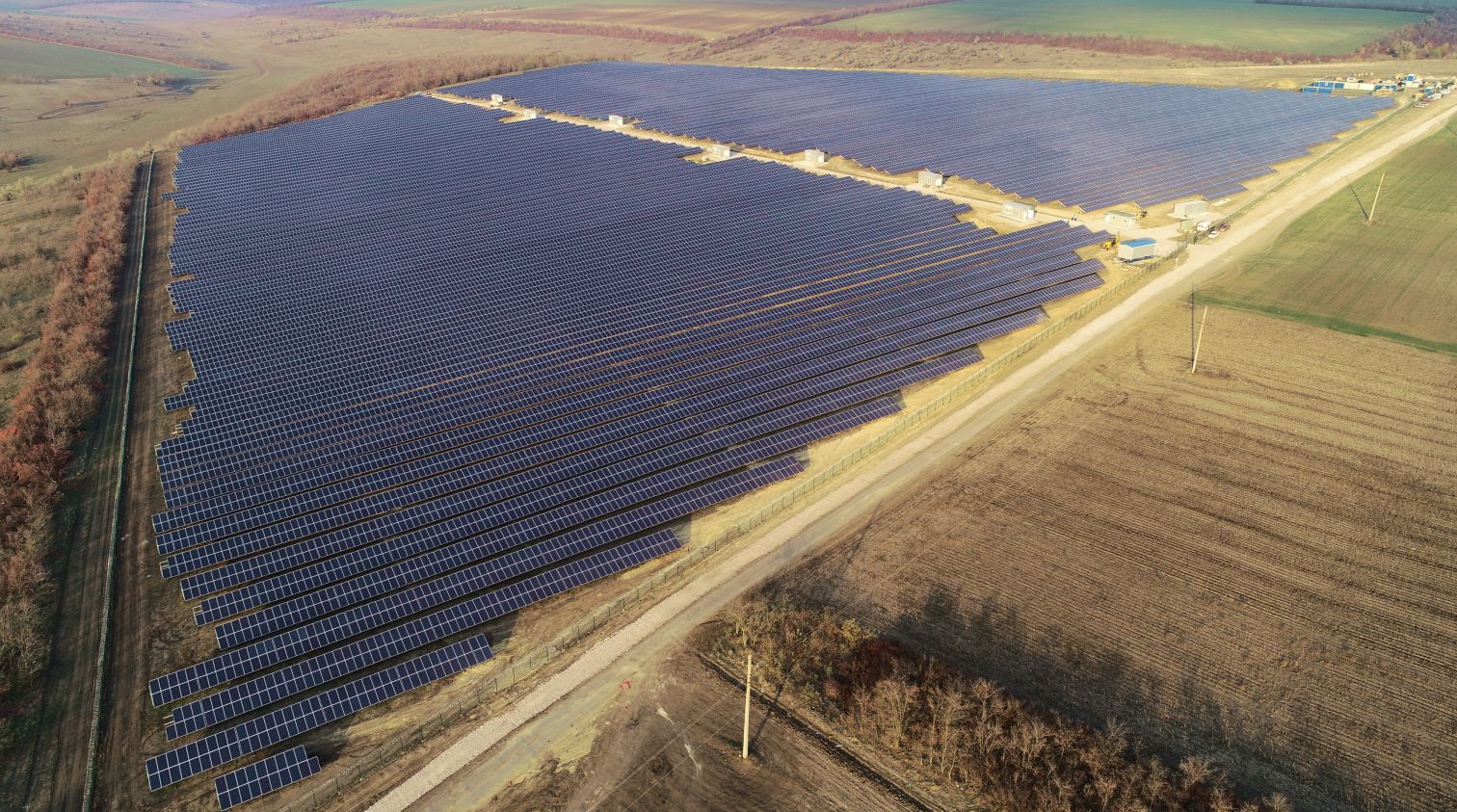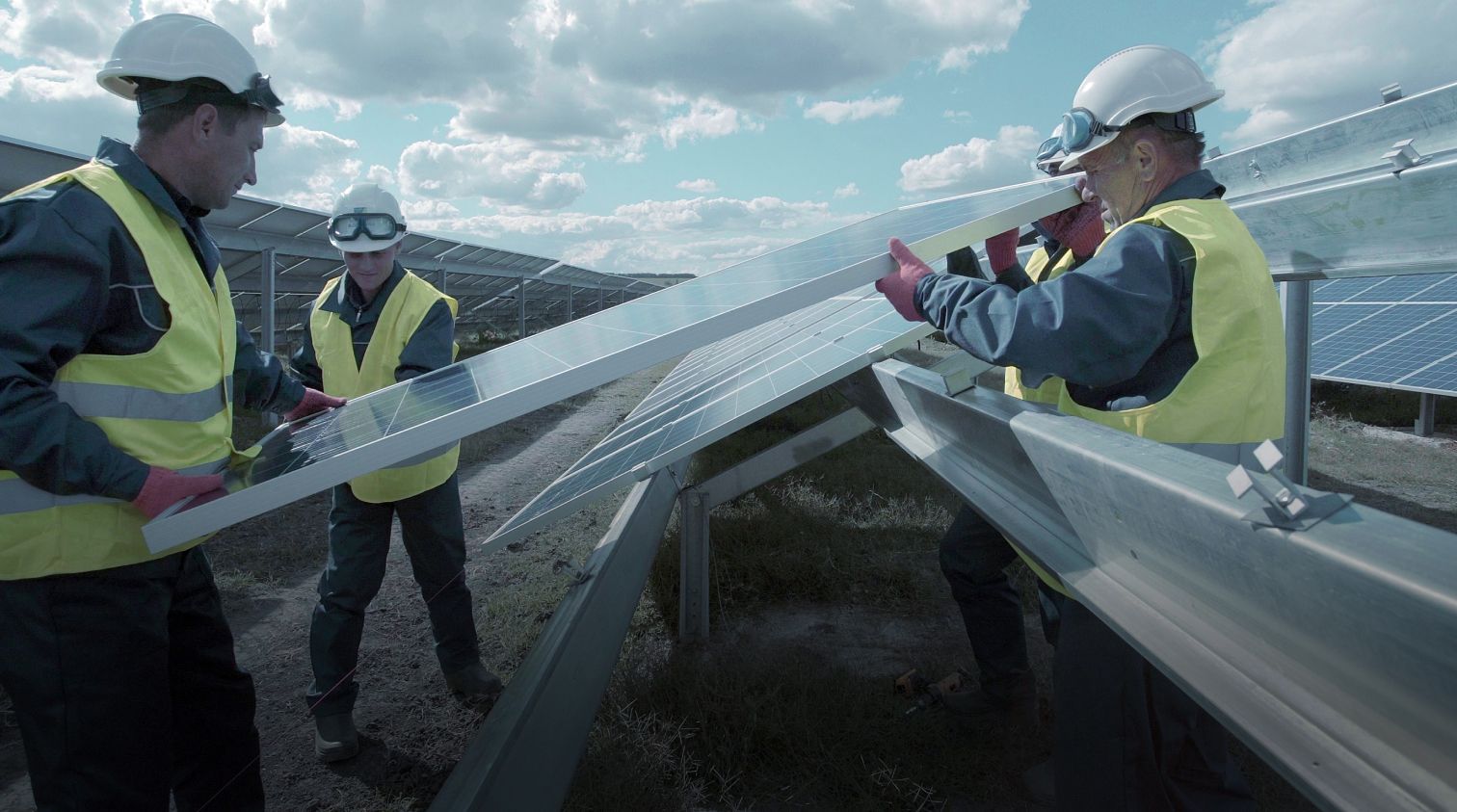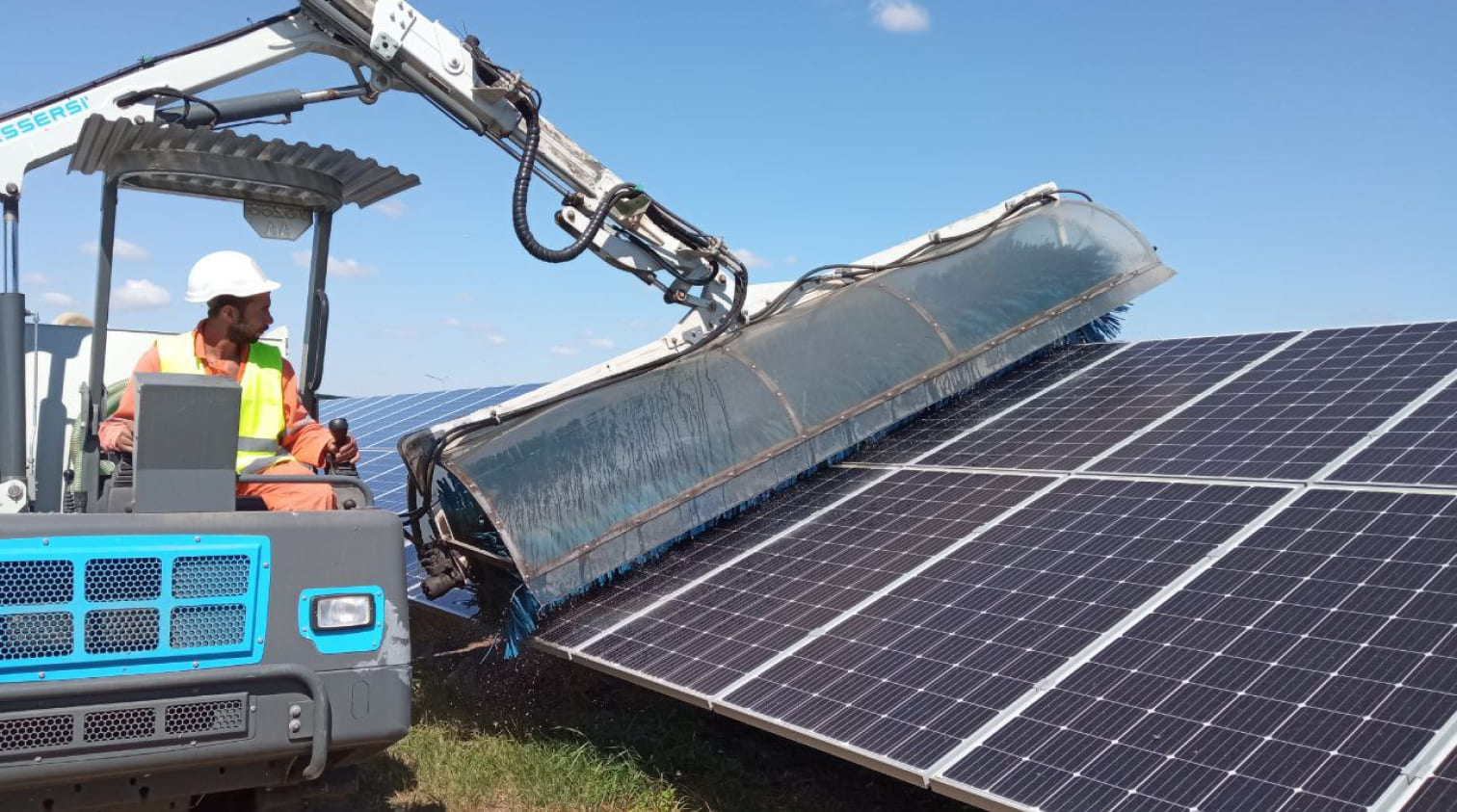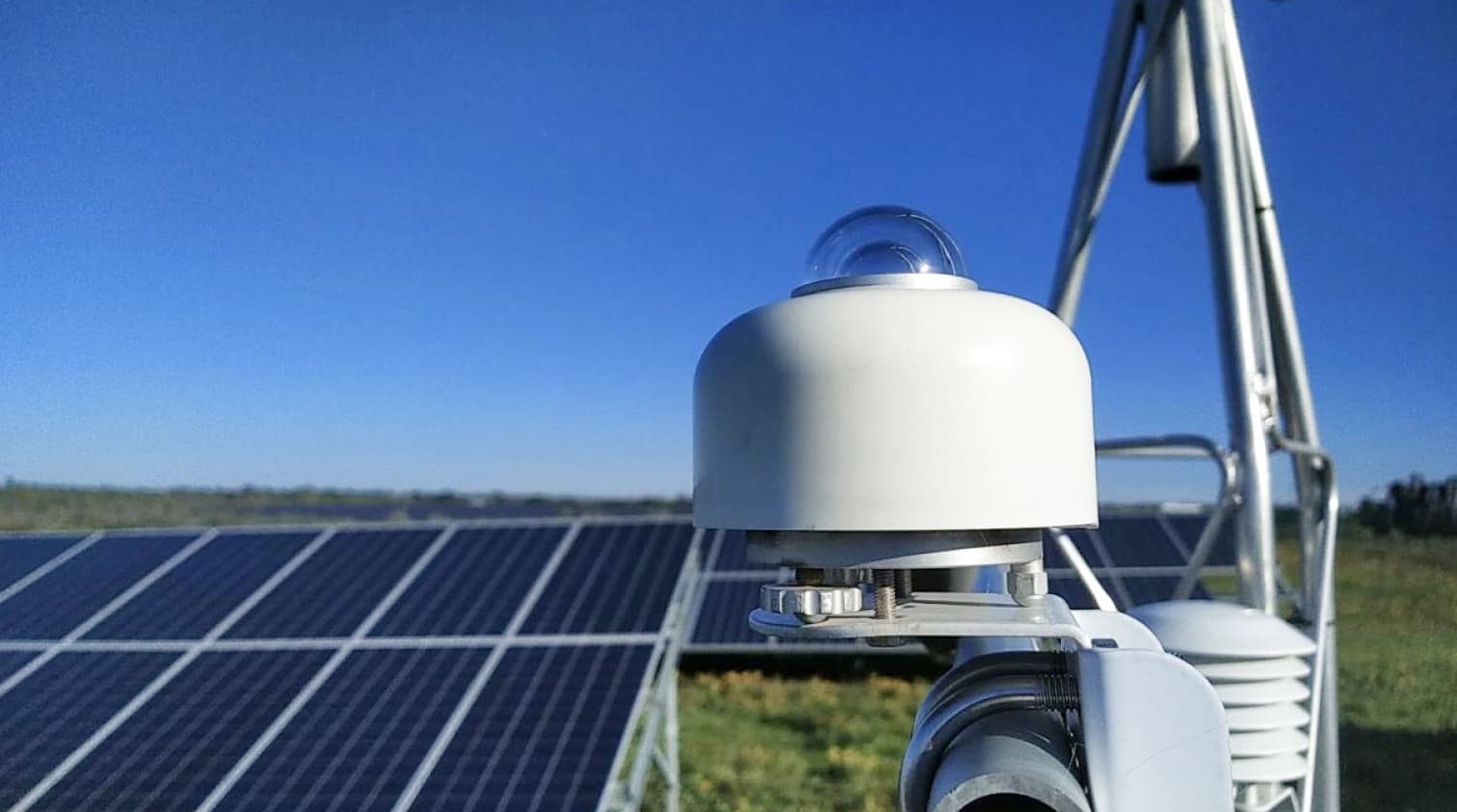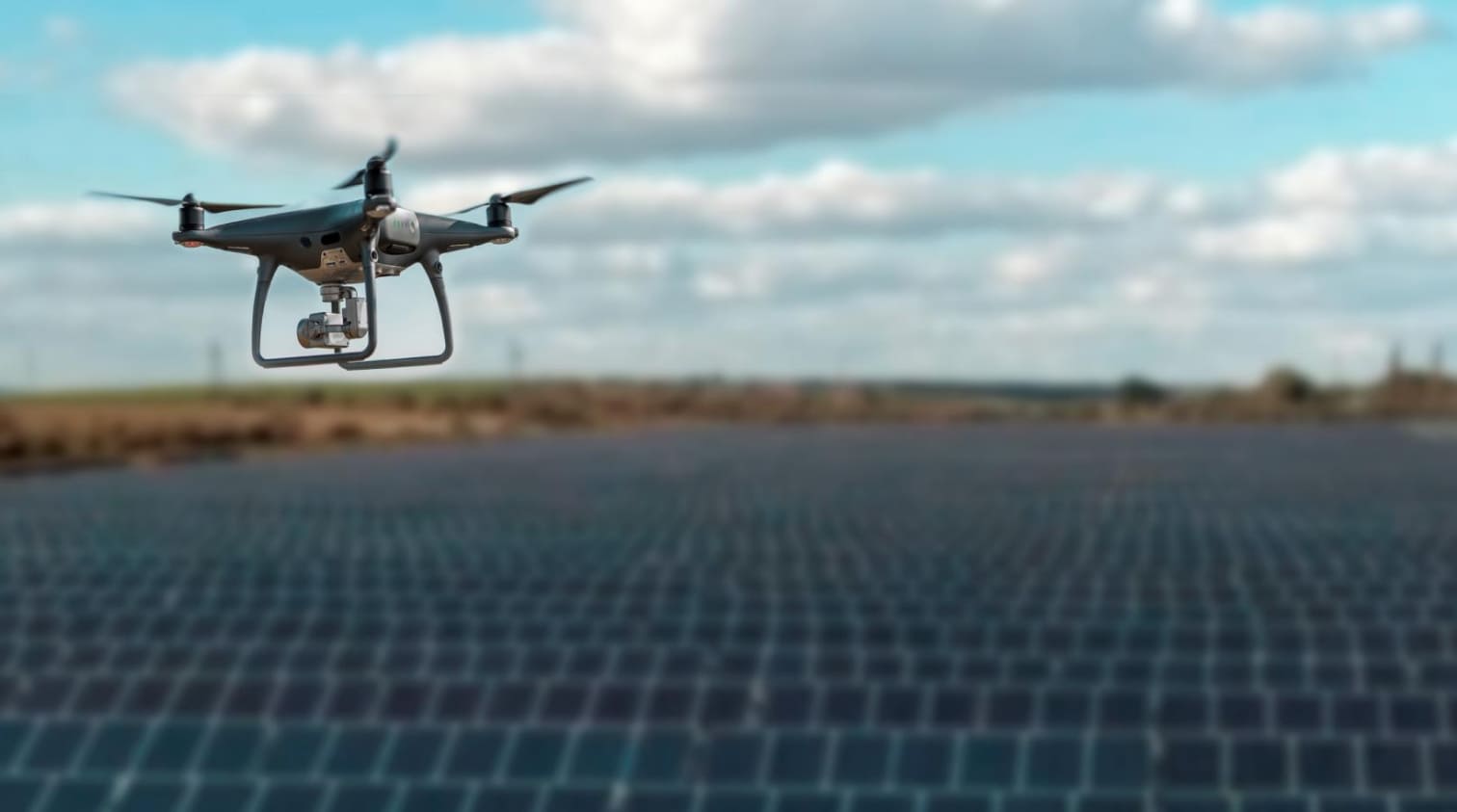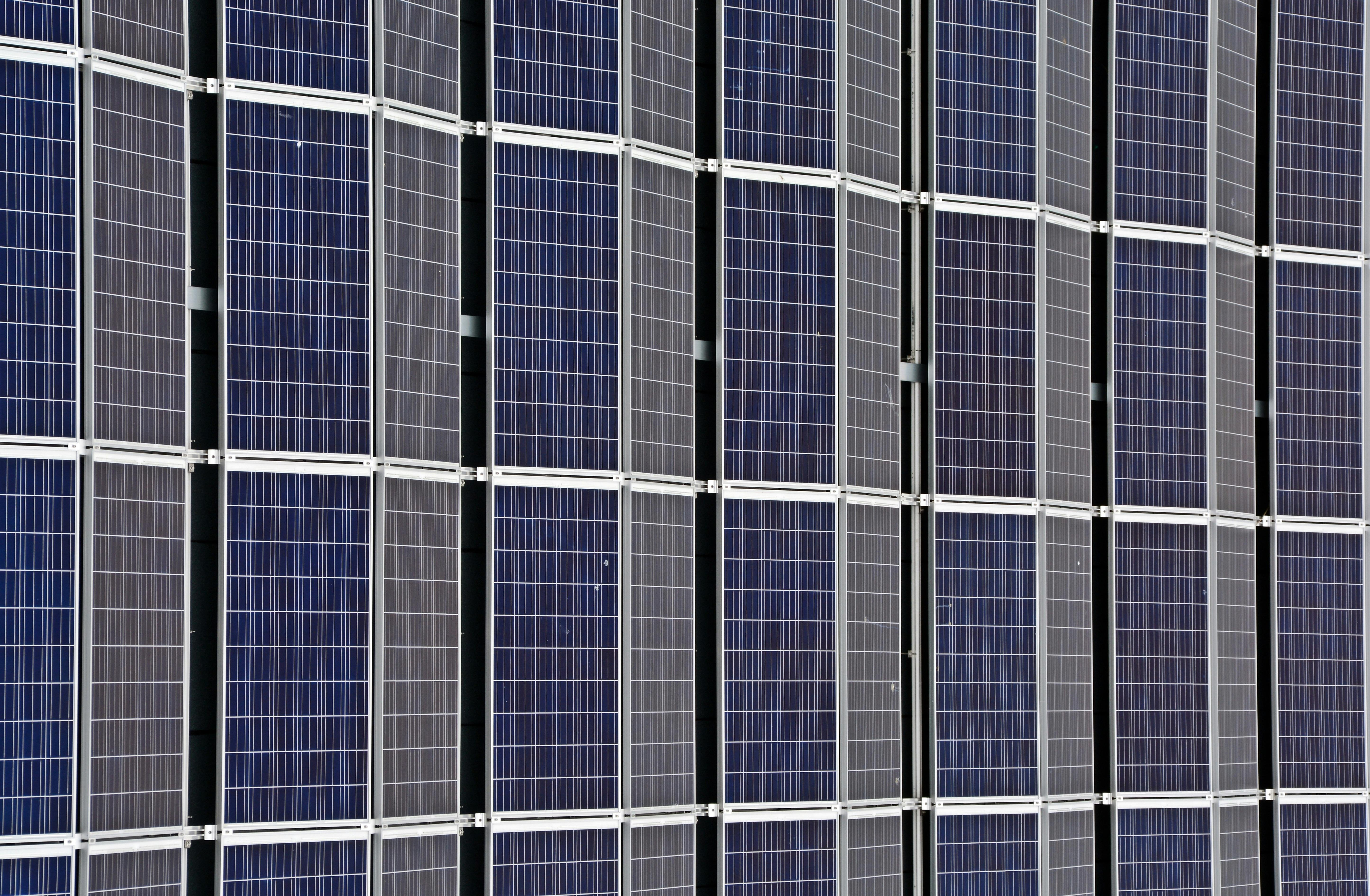About service
This service is focused on optimising use of solar energy for businesses.
The main objective is installation of solar power plants (SPPs), which then supply energy directly to factories and other commercial enterprises.
This strategy includes purchasing energy from SPPs directly connected with the consumer, which favours more efficient and profitable use of renewable energy with minimal costs for external contractors such as network operators/providers.
A key feature of this approach is the opportunity to purchase SPP units partly or fully at our company’s expense. This allows the company to not only reduce dependence on conventional energy sources but also significantly cut their operating costs.
Self-consumption of energy produced by solar power plants offers two key advantages:
- direct use of this energy
- with the ability to sell surplus electricity but also, if required, the opportunity to store surplus electricity in accumulator battery systems for later use.
This not only provides greater efficiency but also guarantees the security of the energy supply.
What are the business benefits of SPOC?
A solar power plant for self-consumption or own consumption will significantly reduce electricity costs. After the initial investment to install the system, the solar energy becomes practically free, leading to long-term savings.
This is especially important for factories and plants where the cost of electricity forms a substantial proportion of the cost of goods (e.g. production of metal, cement, plastic, paper, fertilisers, etc.).
A solar power plant for businesses provides an opportunity to become less dependent on centralised power supply networks and less affected by fluctuations in energy prices.
The service is also relevant in the context of changes in net metering policies. A net metering policy is an electricity metering system aimed at those who own renewable energy installations such as solar power plants.
Under this system, when a solar power plant generates electricity in excess of current demand, excess energy of up to 50% of its consumption can be sold back to the grid.
This system allows those who own renewable energy-generating facilities to lower their electricity bills and encourages more efficient distribution and use of renewable energy.
However, it is important to note that the terms and parameters involved in net metering policies may vary geographically, including differences in surplus energy tariffs and other regulatory conditions.
A shift away from the standard grid connection model towards self-consumption will help maximise the economic benefits of an investment in solar power plants.
Solar power plants for self-consumption provide a complete solution for businesses, offering sustainable and cost-effective use of renewable energy. This improves the environmental profile of your company and ensures energy independence for your industrial facility.

